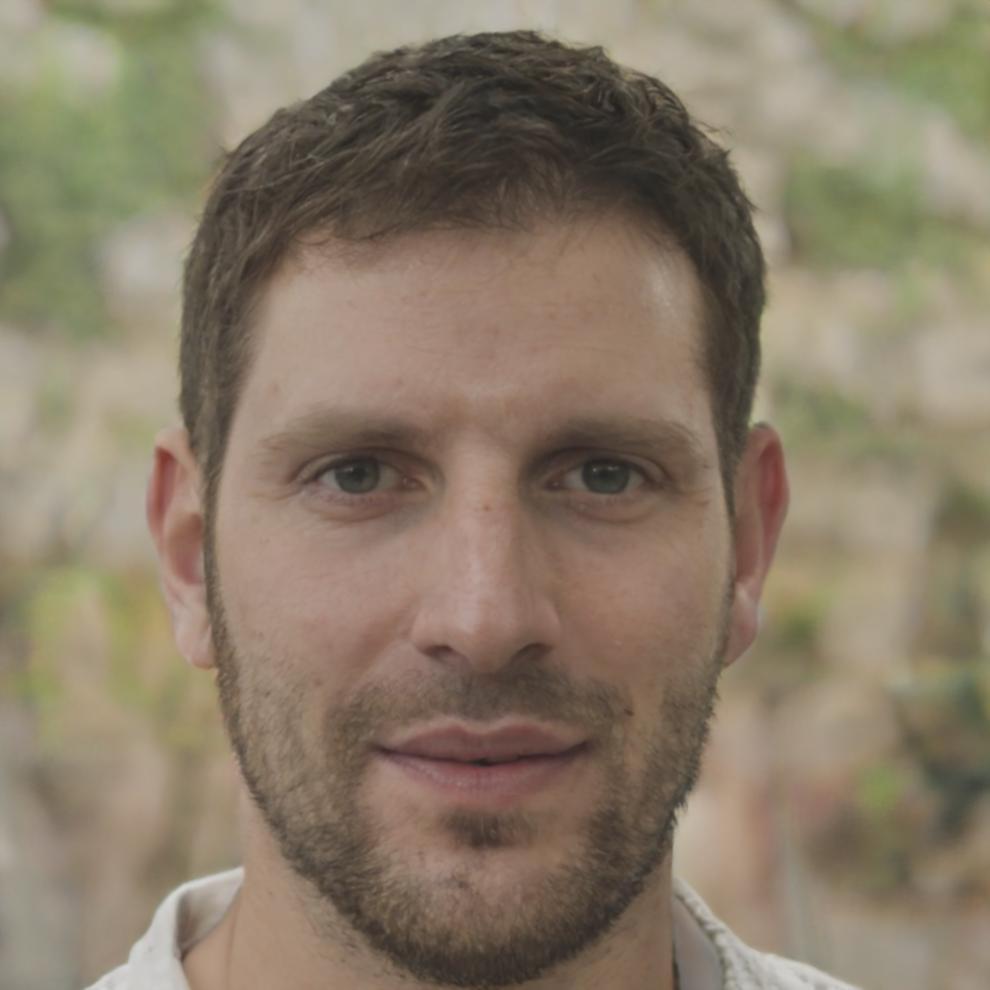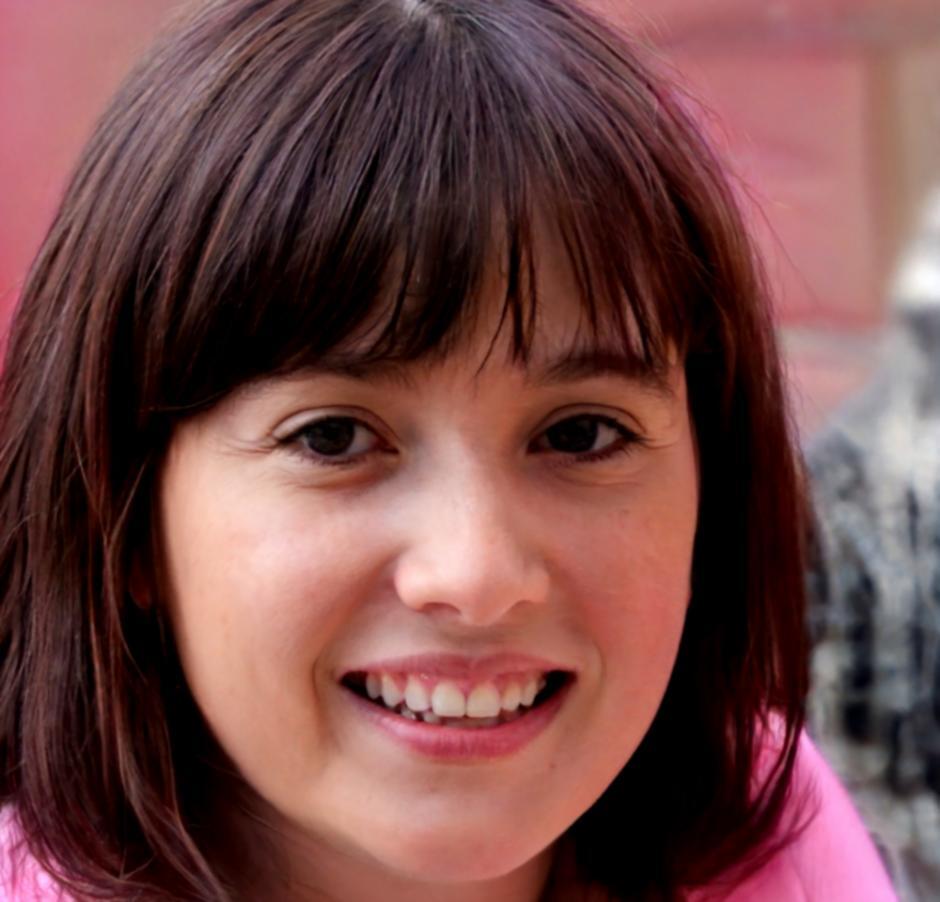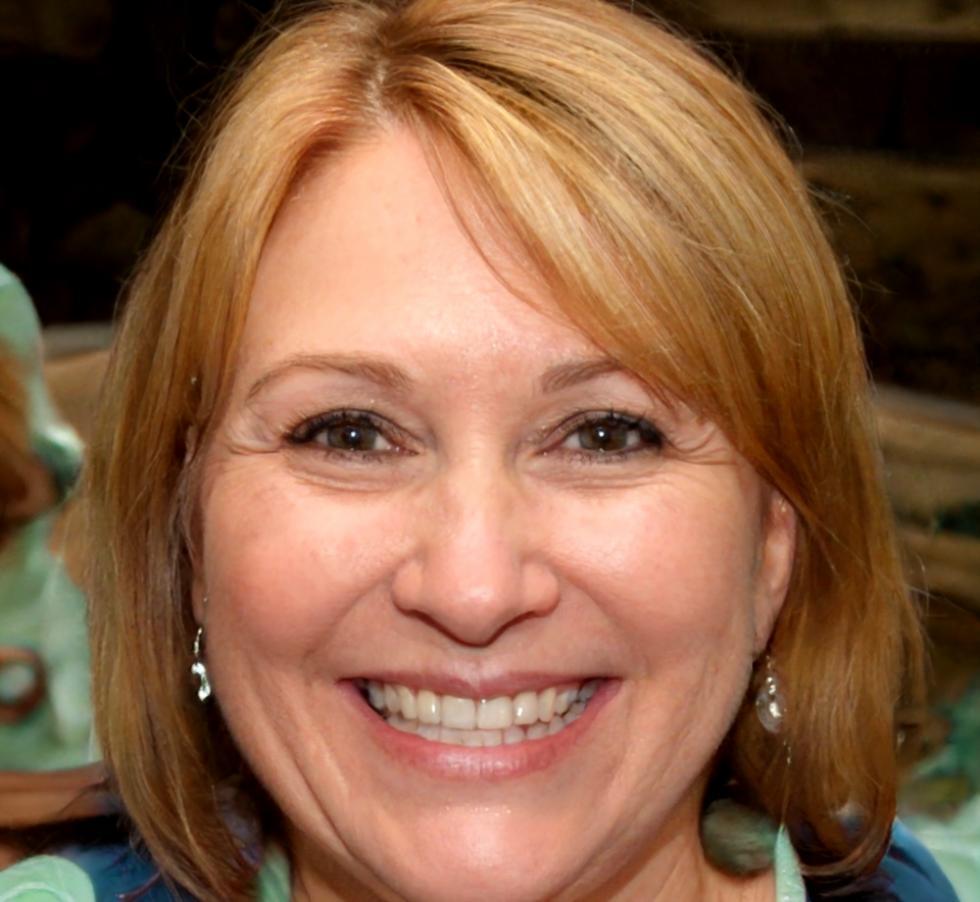Financial Education That Actually Prepares You
We teach personal finance through real scenarios and practical application. Our autumn 2025 program starts September 15th, and it's built around what people actually need to know about managing money in Australia.
Register Your InterestWhy We Built This Program
Most financial education feels disconnected from reality. You sit through hours of theory about compound interest and asset allocation, but nobody shows you how to negotiate a better phone plan or spot the fees that drain your accounts.
We started cyrenvoliq's learning program because we kept seeing the same pattern. Smart people making avoidable mistakes with money—not because they're careless, but because no one taught them the practical stuff.
Our approach puts real-world application first. Every session includes actual budgeting exercises, contract reviews, and decision-making scenarios based on situations our students face daily.

How We Structure Learning
The program runs twelve weeks with a mix of classroom sessions and independent work. Here's what shapes our teaching approach.
Small Groups Work Better
We cap classes at sixteen students. This isn't arbitrary—at that size, everyone gets direct feedback on their budgets and questions answered properly. Larger groups become lectures where half the room zones out.
Bring Your Own Finances
You'll work with your actual financial situation throughout the course. Real bank statements, real expenses, real goals. We teach confidentiality protocols first week because there's no point practicing on hypothetical scenarios.
Skills Over Information
Anyone can Google "how to invest." What's harder is developing judgment about when advice applies to your situation. We spend time on critical evaluation and decision frameworks you'll use repeatedly.
Who Teaches the Program
Our instructors come from financial advisory backgrounds but chose education over sales. They're here because they prefer teaching sustainable financial habits to pushing products. Each brings specific expertise that covers different aspects of personal finance management.

Callum Thorne
Budget Systems & Cash Flow
Callum spent eight years in banking before switching to education in 2021. He specializes in helping people build budgeting systems that actually stick. His sessions focus on automation, tracking methods, and adjusting plans when life changes unexpectedly.

Sienna Lockhart
Investment Basics & Risk Assessment
Sienna handles the investment portion of the program, teaching from a risk-first perspective. She breaks down superannuation options, explains how different investment vehicles work, and helps students understand their actual risk tolerance versus what they think it is.

Freya Ashford
Contracts & Financial Decision-Making
Freya covers everything involving contracts and major financial decisions. Mortgages, insurance policies, employment agreements—she teaches students how to read the terms that matter and spot the clauses that create problems later.
What Happens After the Program
Twelve weeks gives you the foundation, but financial management is ongoing. We don't pretend you'll become an expert overnight or guarantee specific outcomes. What you will have is a practical framework for making better financial decisions and the skills to keep learning as your situation evolves.
Past students describe feeling more confident reviewing financial documents and less anxious about money conversations. They spot fees they used to miss and make more intentional spending decisions. Some go on to pursue further financial education, while others simply apply what they've learned to their daily lives.
Weekly Sessions
Two-hour classes every Tuesday evening, September through November 2025
Maximum Class Size
Small groups ensure everyone gets individual attention and feedback
Practical Focus
Work with your own finances throughout the program